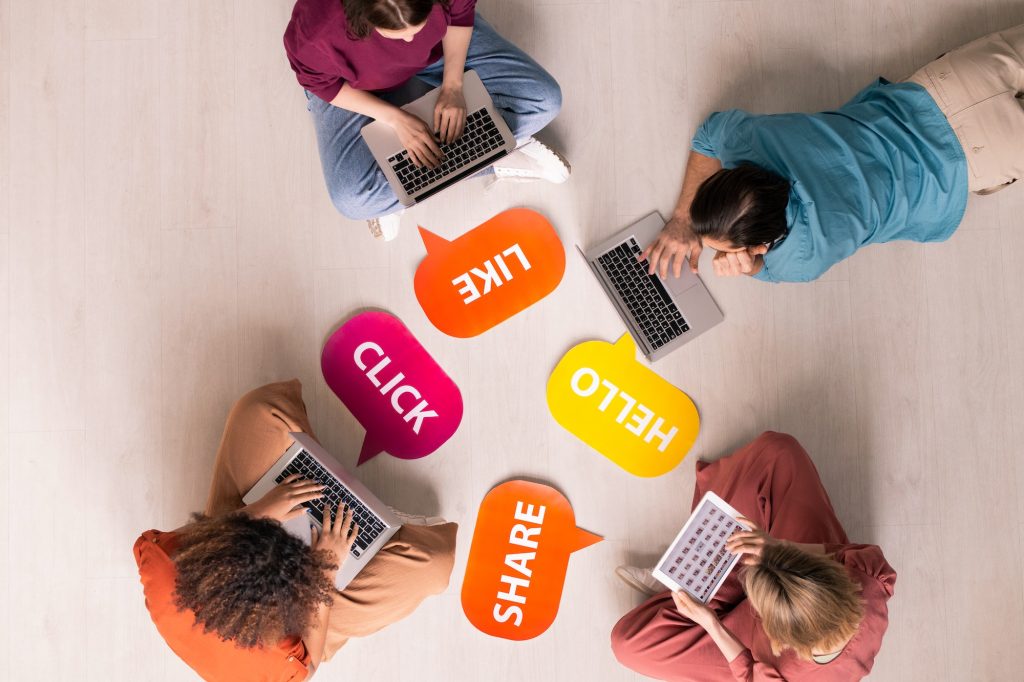
Diplomacy is the art of conducting negotiations between nations, and it has been an essential aspect of international relations for centuries. In today’s digital age, diplomacy has evolved to include digital tools and social media platforms. Utilizing these tools has revolutionized how diplomats communicate with each other and their respective governments.
Digital tools such as email, video conferencing, and instant messaging have made communication between diplomats more efficient and effective. Diplomats can now communicate in real-time from anywhere in the world, making coordinating efforts and responding quickly to crises easier. For example, during the Ebola outbreak in West Africa in 2014, diplomats used digital tools to coordinate efforts across multiple countries to contain the spread of the disease.
Social media platforms such as Twitter, Facebook, and Instagram have also become essential tools for diplomacy. Diplomats can use these platforms to engage with citizens from different countries directly. This engagement helps create a better understanding of different cultures and perspectives while also building trust between nations.
One example of using social media in diplomacy is when former U.S. President Obama used Twitter to reach out directly to Iranian citizens during his presidency. He tweeted messages expressing support for Iranian protesters fighting against their government’s oppressive policies. This direct engagement helped build goodwill toward America among Iranians who may have previously viewed America negatively.
Another example is when Canadian Prime Minister Justin Trudeau used Instagram to showcase Canada’s diversity during a state visit to India in 2018. He posted pictures of himself wearing traditional Indian clothing while meeting Indian officials and citizens. This gesture helped promote Canada as a welcoming country that values diversity.
However, challenges are also associated with utilizing digital tools and social media in diplomacy. One challenge is ensuring that information shared through these channels is accurate and secure. There have been instances where hackers have gained access to sensitive diplomatic communications through cyber-attacks.
Another challenge is navigating cultural differences when using social media. What may be acceptable in one culture may not be permitted in another. Diplomats must be aware of these differences and ensure their communication is respectful and appropriate.
In conclusion, digital tools and social media have become essential to diplomacy today. These tools have made communication between diplomats more efficient and effective while allowing for direct engagement with citizens from different countries. However, challenges are associated with using these tools, such as ensuring the accuracy and security of information shared and navigating cultural differences. Overall, the benefits of utilizing digital tools and social media in diplomacy outweigh the challenges, making it an essential tool for promoting international relations.
